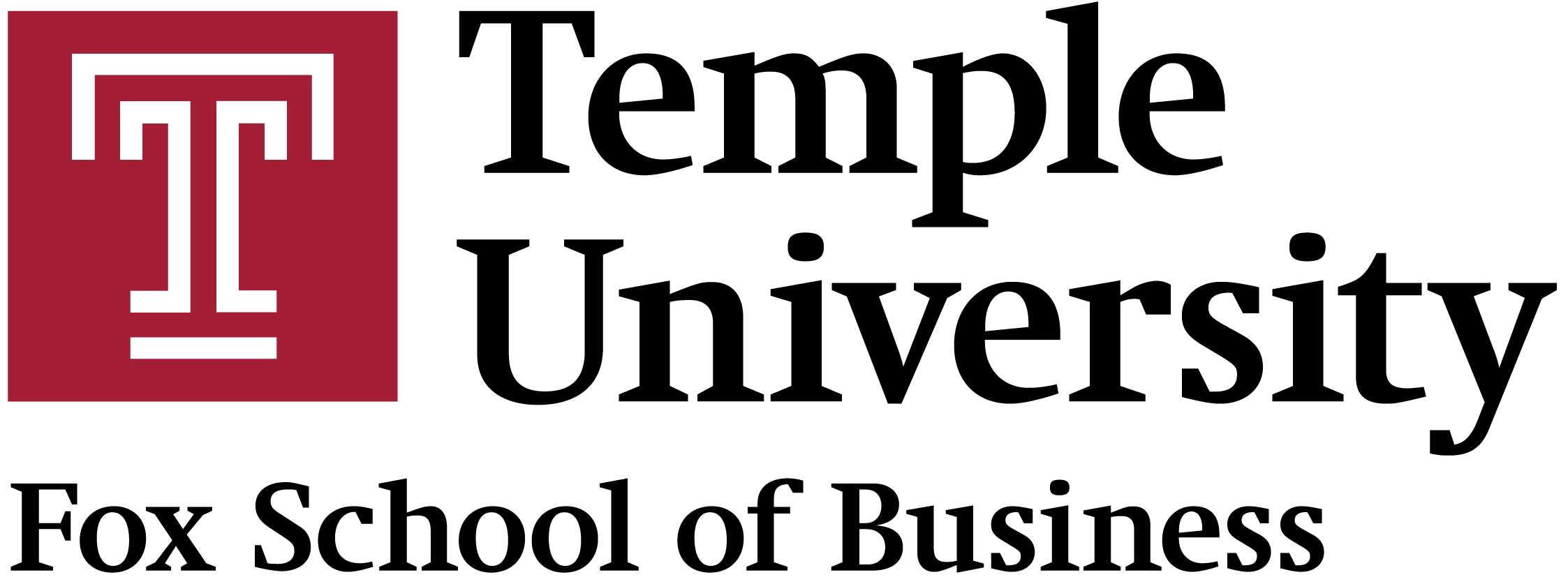Market Research Report
(Name of Company is Confidential)
Market Prospects
Istanbul, Turkey
- Amongst the top 20 of Forbes’ Most Visited Cities in the World 2012[i] and in Huffington Post’s World’s Cleanest Citiesii, as well as have the highest growth rates in the number of visitors and in visitor spending
- In 2012 the number of visitors in Istanbul rose 14.7% and the growth in visitor spending was 20.7%ii.
- MasterCard’s Global Destination Cities Index for 2012 ranks Istanbul as the fastest growing destination, at number 5, after London, Paris, Bangkok and Singapore[ii].
- “One principle of the Turkish tourism policy is to ensure the continuity of natural and cultural assets, which means giving priority to environmental protection and the cultural heritage. The government has the main responsibility for environmental protection.”
Arusha, Tanzania
- In November of 2012, Arusha started taking initiatives towards creating a cleaner city in order to attract businesses and tourism (please see “Arusha Times” article attached below).
- “Clean Cities attract businesses since many enterprises prefer to invest at places where environmental settings have been improved (Kupaza).”
Vienna, Austria
- Amongst the top 20 of Forbes’ Most Visited Cities in the World 2012i and in Huffington Post’s World’s Cleanest Citiesii, as well as has one of the highest growth rates in the number of visitors and in visitor spending.
Dubai, UAE
- Dubai is currently the 8th most visited city in the worldi
- “As organizers of one of the world’s most famous shopping festivals, the Great Singapore Sale, the island nation’s tourism board knows what attracts affluent global shoppers – top attractions, premier hotels, excellent dining options, and, of course, luxury brand shopping”
Cambodia
- The Cambodian government has recently implemented a new initiative called Eco-Club to promote environmental friendliness in urban areas[iii]. (See article below)
- Although this program focuses mostly on the use and disposal of plastic bags, it’s main objective is to promote tourism and keep tourists coming back, therefore cleaning graffiti would also be of interest to the Cambodian government.
Other Prospects: Seoul, Singapore, Calgaryi, [iv]
[i] http://www.forbes.com/sites/deborahljacobs/2012/06/20/the-most-popular-cities-in-the-world-to-visit-in-2012/
[iii] https://w3.nexis.com/new/docview/getDocForCuiReq?lni=57SV-C6G1-JCMN-Y06X&csi=299488&oc=00240&perma=true
[iv] http://www.cnbc.com/id/40843779/page/11
Arusha Times (Arusha)
November 03, 2012
BYLINE: Ramadhani Kupaza
LENGTH: 675 words
The Arusha City Council and some stakeholders work hard to clean the environment in Arusha. For example, the Arusha City Council has recently relocated vendors who polluted streets. The vendors now trade at Unga Limited grounds. Cities and their inhabitants benefit from clean environments in many ways.
One such benefit is that Clean Cities attract businesses since many enterprises prefer to invest at places where environmental settings have been improved in order to cut costs through efficiency and innovation in products and processes.
In particular, a clean city attracts investment from firms that have established policies that commit their management to address environmental risks in order to reduce average cost of capital.
A clean city makes project financing efficient because an improved environmental setting in a city leads to accelerated environmental regulatory approvals that result in significant cost saving for businesses.
For instance, it is easier for the National Environmental Management Council (NEMC) in Tanzania to approve a project in a City timely where environmental settings comply with regulatory requirements of the country. Otherwise, NEMC is obliged to delay approval for an extended period thereby causing major budgetary distortions that may affect implementation of the project adversely.
A clean city also competes effectively to attract tourists. Some scholars argue that competitive advantage in tourism tends to shift from tourism resources only (destination-tourism) to a location-based or city-wide integrated management (place-tourism).
In that sense, destination tourism means tourism activities with reference to destinations like Ngorongoro Conservation Area, Serengeti and Kilimanjaro National Parks. On the other hand, place tourism may refer to tourism in Arusha City or a combination of tourism activities at destinations and in the City. By the way, places are important because an increasing number of tourists visit activities in Cities to learn ways of life of the people in the countries they visit.
Clean Cities provide other benefits. They enable their inhabitants to become healthy and therefore happier. Inhabitants in clean cities are safe from diseases caused by contamination or polluted water. Polluted water is a source of water bone diseases that include diarrhea, typhoid and infections caused by worms.
As regards air pollution, people who live in clean cities are safe from respiratory diseases that include asthma and bronchitis. Fumes from vehicles are sources of air pollution in Arusha City.
Authorities use different approaches to ensure that Cities are clean. Some approaches include use of policy frameworks. The most commonly used policy frameworks are Environmental Management Principles. The Polluter Pays is one of the principles. The Polluter Pays Principle requires the polluter to bear the cost of complying with environmental standards which are predetermined by public authorities.
Authorities use other principles to keep Cities clean. The principles include User Pays, Precautionary, Subsidiary and Intergenerational equity principles. User Pays Principle requires beneficiaries to pay for the full cost of using a particular resource and its related services. For example, loggers are required to pay for logs as well as for the loss of services like absorption of carbon dioxide which the trees do before they are cut.
Meanwhile, Precautionary principle requires authorities to make decisions to comply with environmental standards even if there is inadequate data to support decision-making. And, there is the Subsidiary Principle which calls for authorities that are closer to the population concerned to make decisions on environmental issues. Last and equally important, authorities apply Inter-generational Equity Principle (IEP) which demands use of natural resources to “meet needs of present generations without compromising the needs of future generations”. Cities and their inhabitants benefit significantly if they apply environmental principles diligently.
The Phnom Penh Post
February 19, 2013 Tuesday 11:37 AM EST
Government promotes clean cities in Cambodia
LENGTH: 441 words
Feb 19, 2013 (The Phnom Penh Post:http://www.phnompenhpost.com/ Delivered by Newstex)
Minister of Tourism Thong Khon speaks to reporters following the signing of a memorandum of understanding, Monday, Feb. 18, 2013. Photograph: Pha Lina/Phnom Penh Post
Tourism officials have launched a new initiative called the Eco-Club designed to promote environmental awareness and improve the image of Cambodian cities through better management and disposal of plastic bags.
The program aims to recruit Cambodian youth to spread the word and educate the broader community on the benefits of clean cities.
The initiative was announced during the signing of a memorandum of understanding (MoU) yesterday between the Ministry of Tourism and other stakeholders.
Thong Khon, minister of tourism, said the Eco-Club will be established at schools, universities, factories and radio and television stations.
During the presentation to youths and the private sector, Neb Samouth, secretary-general of the National Committee for Clean City Assessment, said the ministry intends to sign MoUs with plastic bag manufacturers and retailers to better manage the bags’ use and disposal.
Khon said global tourism growth meant Cambodia would need to adopt strategies to attract new and repeat tourists though developments in ‘green’ concepts now popular in the tourism market. He said that according to a new assessment, Cambodia received nearly $2.2 billion in revenues from its 3.5 million international tourists in 2012.
Hun Many, president of the Union of Youth Federation of Cambodia, said he would help educate youths in the union to actively promote Eco-club participation and promote clean cities. He said: ‘The idea for creating an Eco-Club proposed by His Excellency Thong Khon is important, and we need to do it step by step because this work is crucial for the long-term.’
Ang Kim Eang, president of the Cambodia Association of Travel Agents, said he supported the idea of establishing a network to raise environmental awareness and reduce littering. ‘Clean city is not just for tourism, but also for all of us,’ he said, adding that people everywhere would benefit from the Eco-Club.
Twenty-eight-year-old Ros Chankakda from Niroth commune of Meanchey district said he attended the training course too. ‘If they don’t set up at those levels, the policies will exist at only ministries, so youths will not understand,’ he said. He added that he would convey the message to youths in his commune after participating in the workshop.
To contact the reporter on this story: Rann Reuy at reuy.rann@phnompenhpost.com[1]
[1]: mailto:reuy.rann@phnompenhpost.com
LOAD-DATE: February 19, 2013
Copyright 2013 Newstex LLC
All Rights Reserved

